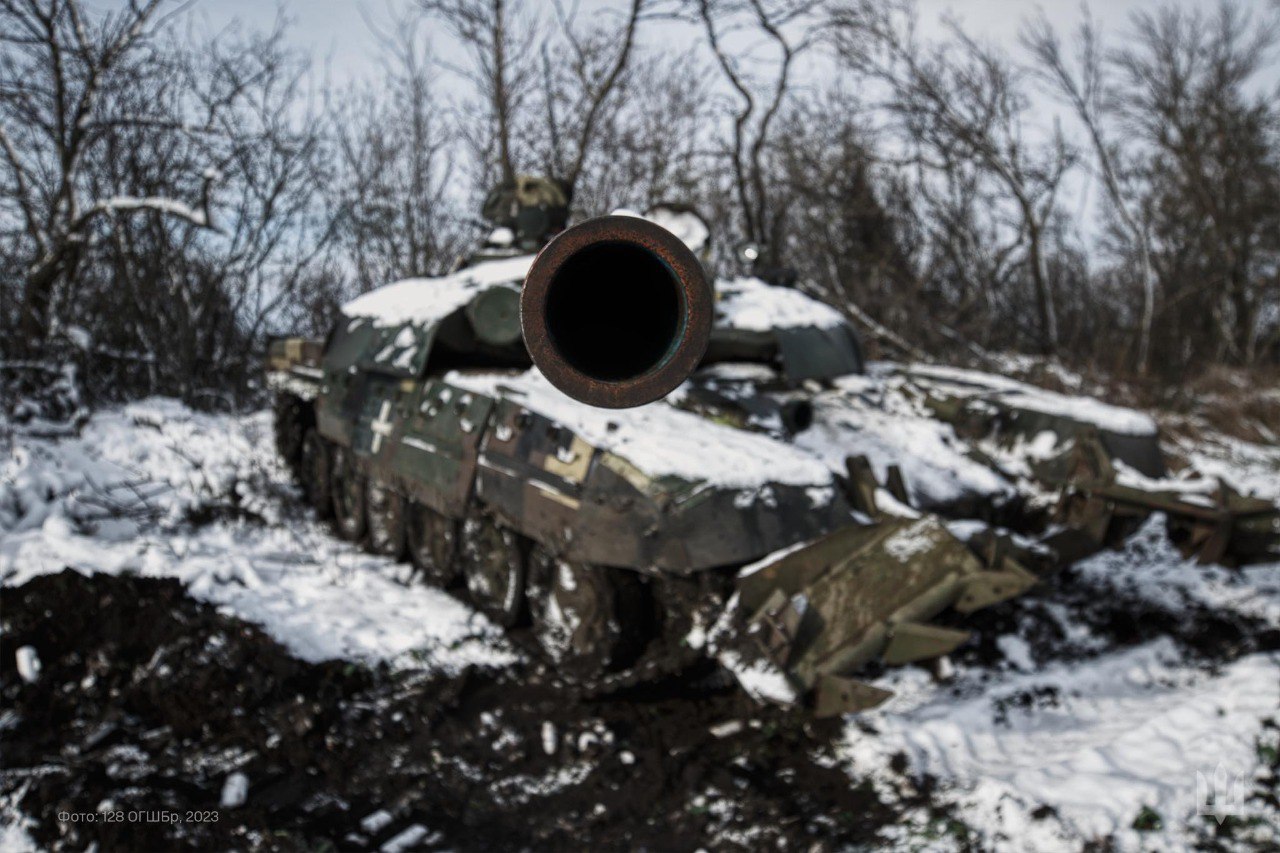Russian forces will likely try to sustain or intensify offensive operations to seize more territories and retain the initiative throughout eastern Ukraine, the Institute for the Study of War (ISW) believes. At the same time, ISW also assesses that Russian forces will be unable to make operationally significant breakthroughs.
According to ISW, Russian sources claimed that Russian forces are preparing to launch a new offensive in the coming weeks once the ground freezes in eastern and southern Ukraine.
“ISW also assesses, however, that Russian forces will be unable to make operationally significant breakthroughs,” the ISW report reads.
Read also:
- Sweden to boost 155mm artillery ammo production for Ukraine
- Ukraine’s army chief Zaluzhnyi visited southern frontline commanders “to increase effectiveness given the available resources”
- Ukraine likely began using EW to counter Russian air attacks, while Russians rapidly increased the use of chemical weapons — ISW


